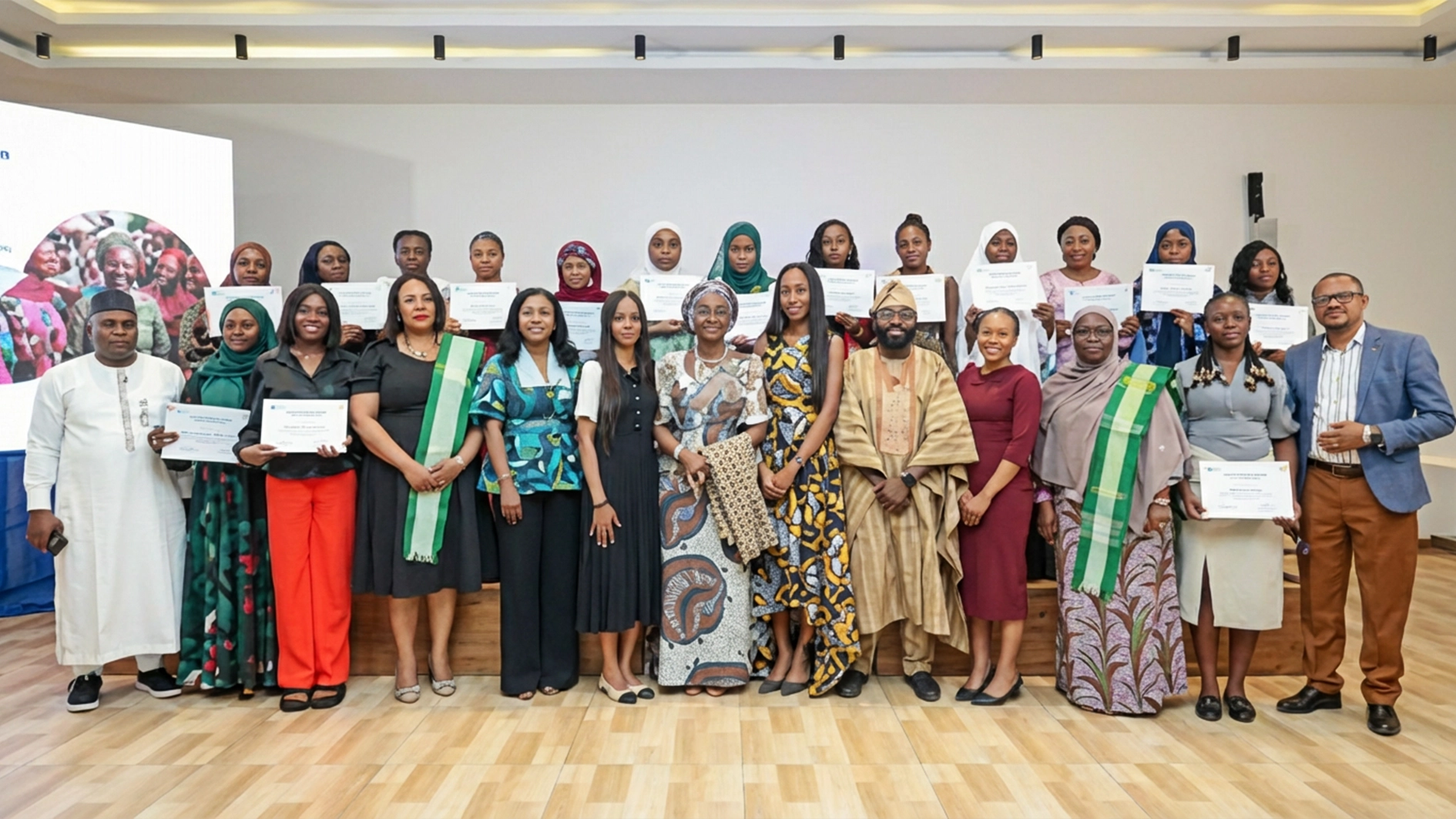Over 50,000 Nigerians diagnosed with tuberculosis (TB) remain untreated because of insufficient funding and a shortage of drugs needed to complete their treatment, the Executive Secretary of the Country Coordinating Mechanism (CCM) of the Global Fund, Mr. Ibrahim Tajudeen, has revealed.
Speaking on Monday at the 11th quarterly meeting of the Ministerial Oversight Committee (MOC) for the Basic Health Care Provision Fund (BHCPF) in Abuja, Tajudeen explained that the Global Fund’s allocation for TB commodities for 2025 and 2026 has been fully utilised due to the strong performance of TB programmes.
“In 2023, over 370,000 Nigerians were screened and placed on TB treatment, and in 2024, over 400,000 patients were screened and commenced on drugs. However, about 50,000 patients remain on a waiting list because we do not have enough drugs for them to complete their treatment,” he said.
He urged the federal government to urgently release \$50 million from the Debt to Health Sector Wide Approach (SWAP) for the procurement of TB drugs, stressing that screening alone is insufficient and without treatment, the TB epidemic will worsen.
Tajudeen further highlighted that Nigeria has been allocated nearly \$950 million by the Global Fund for HIV, TB, malaria, and building resilient and sustainable health systems (RSSH) for the 2023-2025 period.
He listed ongoing projects supported under RSSH to include the revitalization of primary healthcare in collaboration with the National Primary Health Care Development Agency (NPHCDA), procurement of 370 digital X-ray machines, enrollment of vulnerable populations (including people living with HIV and drug-resistant TB patients) onto health insurance schemes in five states, as well as support for harm reduction and the commencement of medically assisted treatment (MAT).
Due to reduced international funding, the Global Fund has revised Nigeria’s grant allocation for 2023-2025 from about \$963 million to \$867 million, a reduction of over \$95 million. Consequently, Tajudeen noted the CCM can either accept the revised grant amount or propose adjustments based on evidence-based analysis of programmatic gaps.
He also mentioned ongoing efforts to introduce Lenacapavir—a six-month injectable HIV pre-exposure prophylaxis (PrEP)—supported by an additional \$160,000.
On malaria, Tajudeen reported that 16.6 million insecticide-treated nets have been distributed nationwide as part of prevention efforts.
The CCM plans to convene stakeholders to finalise grant amounts by July 14, 2025, engaging communities beyond CCM membership to ensure alignment. The CCM, Principal Recipients, and the Global Fund Country Team will jointly complete the reprioritisation and reinvestment processes.
Tajudeen reiterated the CCM’s mandate to identify strategic HIV, TB, and malaria programs through gap analysis, harmonise national programs with support structures, submit funding requests to the Global Fund, oversee grant implementation, and mobilise domestic resources to complement Global Fund investments.






